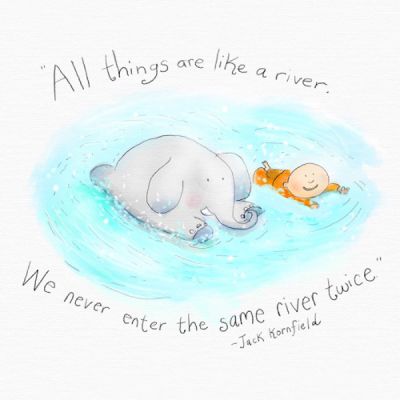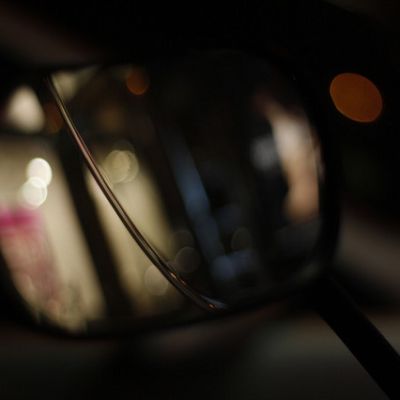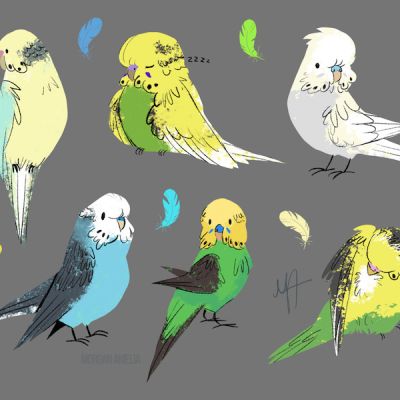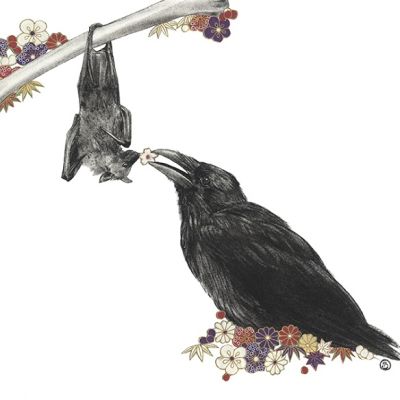Categories
The onslaught of news about violence against people of color seems to be endless these days. In the midst of all of this we remember the words of writer and activist Audre Lorde, who famously said that self-care is both an act of self-preservation and political warfare.
जॉनसन थॉमस [संपादक की ओर से: स्वयं की देखभाल करने का सीधा मतलब है अपनी मर्ज़ी से कोई भी ऐसा…
अभी एक दिन, एक पुराना दोस्त और मैं व्हाट्सएप पर बात कर रहे थे। उन्होंने हाल ही में एक लड़की,…
My friend recounts how, growing up, there was one object around which cohered much intrigue and darkness and which, when brought to light and consciousness through accident, (usually) provoked much commotion, commotion of outrage, disgust and fear: her (used) panties.
“Sexuality and self-care are related at many levels, right from the level of knowing what you want and what you don’t, how you feel about yourself, how you are able to communicate your desires and how you are able to enjoy your experiences.”
We found these heart-warming doodles that are dedicated to staying conscious of things that matter for our personal well-being and our relationships with others but that we tend to lose touch with from time to time.
Audre Lorde once said, “Caring for myself is not self-indulgence, it is self-preservation, and that is an act of political warfare.”
I did everything to change my gender expression from masculine to feminine. I started wearing feminine clothes, started growing my hair, and I even had a boyfriend. But the more I pushed myself to be feminine, the more depressed I became.
An experimental haircut, trying on a new pair of earrings, a bright lip colour, or even wearing a skirt when your legs aren’t waxed and walking confidently down the street: these are revolutionary acts of self-care and self-love.
This video encapsulates five simple tips for those in social work to avoid an exhaustion of energies, although they are equally valid for anyone doing any kind of sustained work.
Not everybody, everywhere, learns self-care, though most people learn how to wash their faces, brush their teeth, wear clean underwear, and lock the door to keep themselves safe.
The arts hold great sway on how sexuality is viewed, represented, and understood. Does art imitate life, or life, art? Or can it be tossed away as an inscrutable mix of the two influencing each other?
We need to think about the kind of film we would like to see as queer people.
सयद साद अहमद द्वारा लिखित “हम क्या वास्तव में सच जानना चाहते हैं? सत्य की क्या आवश्यकता है? उसके बदले…
Thousands of young women in conservative societies across North Africa, the Middle East, and South Asia are being shamed or blackmailed with private and sometimes sexually explicit images. A look at how smartphones and social media are colliding head-on with traditional notions of honour and shame.















